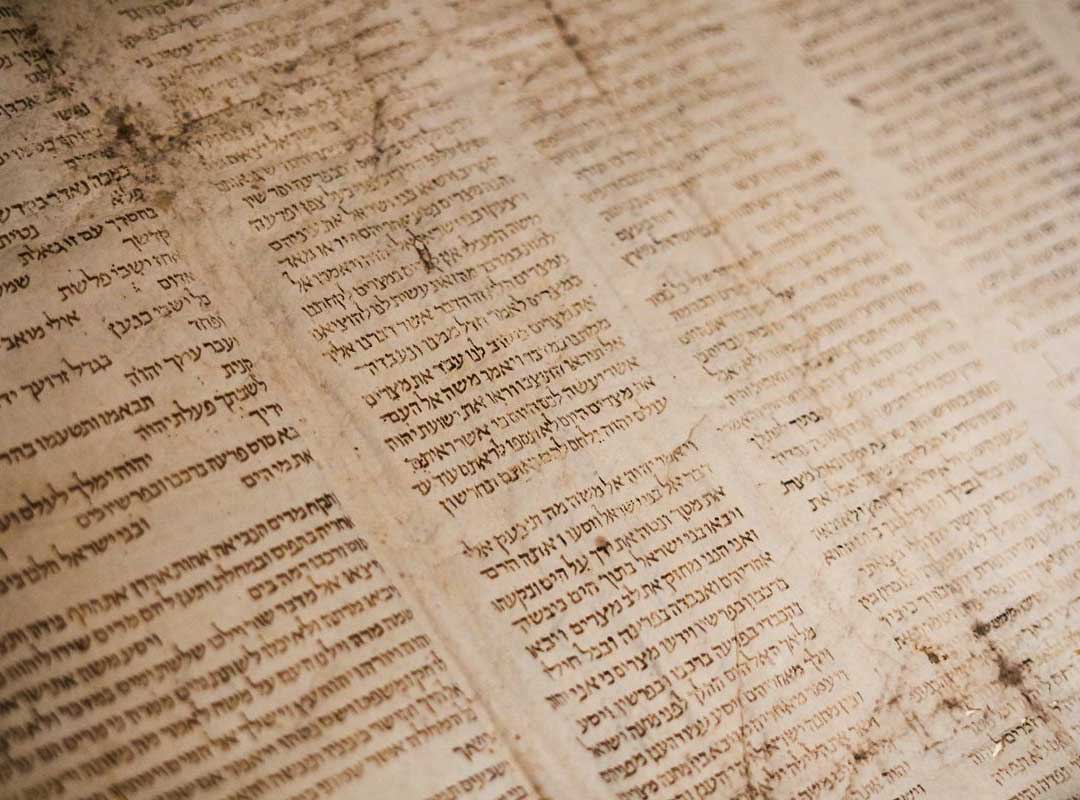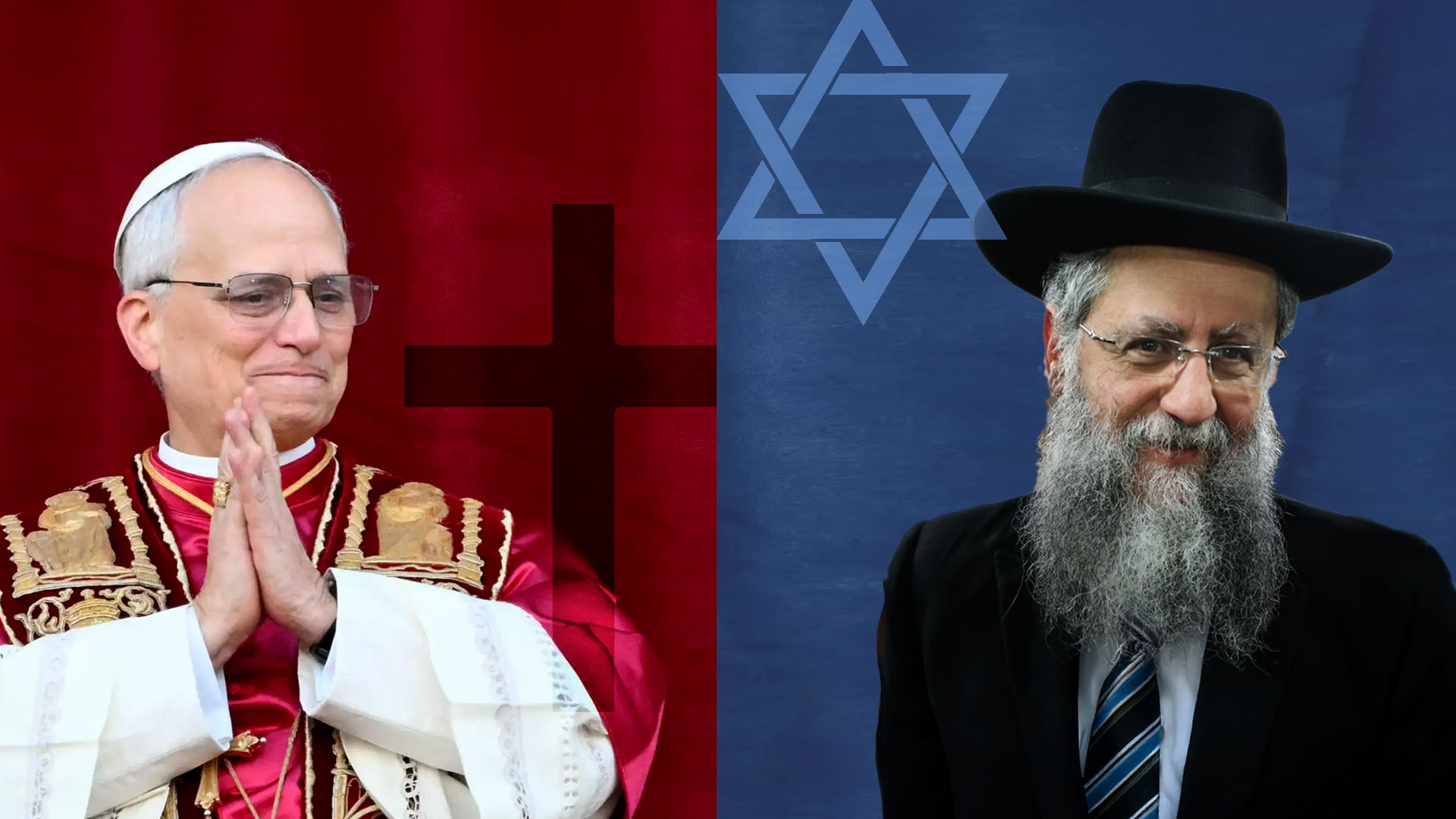Over the centuries, religions have evolved, adapted, and transformed. But what happens when we go back to the origins, when rereading them means returning the texts to the context from which they came? In this article, I want to take you with me on a journey through ancient texts, gospels, apocryphal traditions, and forgotten words, to reflect on a simple truth: those texts do not belong to us. They were born within the Jewish world, they speak to the people of Israel, and only with Israel do they make sense.
The Book of Jubilees: an alternative “Genesis
I’ll start with the Book of Jubilees, an apocryphal text dating back to the 2nd century BC, accepted by the Ethiopian Church but not by the Catholic Church. There is a direct and literal translation from Ge’ez, an ancient language of Ethiopia, and it is a text that retells Genesis and the beginning of the Exodus. It is said to have been dictated to Moses by an angel during his stay on Mount Sinai.
Central elements already emerge here: the chosen people is Israel; God is the God of Israel; and everything revolves around an exclusive covenant, a pact that does not concern the whole of humanity but a specific people.

Original sin? A theological construct
The Book of Jubilees does not speak of original sin in the Christian sense. The origin of “contamination” is attributed to the union between angelic beings (or, as I prefer to define them, individuals from another world) and women. There is no hereditary guilt, no stain on the human soul: it is all a matter of biological contamination, and the universal flood was intended to eliminate those “children of hybridization.”
This view not only departs from Christian doctrine, but denies it at its root, removing the need for a savior, a sacrificial offering, or a mediator.

Midrash and genetic patriarchy: between Abraham, Isaac, and Jacob
The Midrash Bereshìt Rabbà recounts that Abraham asked God for the signs of old age to distinguish himself from his son; Isaac asked for suffering as preparation for judgment; Jacob asked for illness before death so that he could leave instructions to his children. All these elements serve to construct a narrative consistent with the idea that Israel was a genetically special people, with distinctive traits given by God.
And God himself promises: “I will come down and dwell among them.” But does an omnipresent, transcendent God need to “come down”? Obviously not. This is a commander, a physical ruler who lives elsewhere but returns periodically.

A God who chooses: Israel as a priestly people
The Book of Jubilees insists: God has many peoples, but he has chosen only Israel. To them he has entrusted his commands, he has asked them to build his sanctuary, in the midst of that separate people, holy that is, distinct. The other peoples have been handed over to other beings (Elohim), but Israel belongs to Yahweh, and Yahweh is the exclusive prince of Israel.
The covenant of circumcision, the laws, the commandments: everything is for Israel, everything is Israel. Even the promise of paradise on Earth concerns only them, because the seat of the kingdom will be here, on this planet, with a physical God who will dwell in Jerusalem.

From the apocrypha to the Gospels: exclusive continuity
In the Gospels we find the same idea: Jesus always speaks to “you,” not to everyone. “Peace be with you,” not peace to all. “I pray for them, I do not pray for the world.” Jesus is a Jewish-Messianic rabbi who addresses his people. Everyone else is excluded.
And even when he says, “I have not come to bring peace, but a sword,” he emphasizes that his message will divide families and cause conflict. It is a militant, selective, direct message.
Returning the texts: to each his own
All this leads us to a necessary conclusion: the texts must be returned to their context. The Old Testament is for Israel. Even the New Testament, which is a continuation of the former, is addressed to Israel.
If Israel has not recognized Jesus as the Messiah, that is an internal matter. Christians should, if they wish, believe in another God. But not in that God, because that God has only one people: Israel.
So, if we really want to honor the truth of the texts, we must recognize what they clearly say: “Peace be with you” is not universal. It is a reserved greeting. And those texts, without Israel, make no sense.




